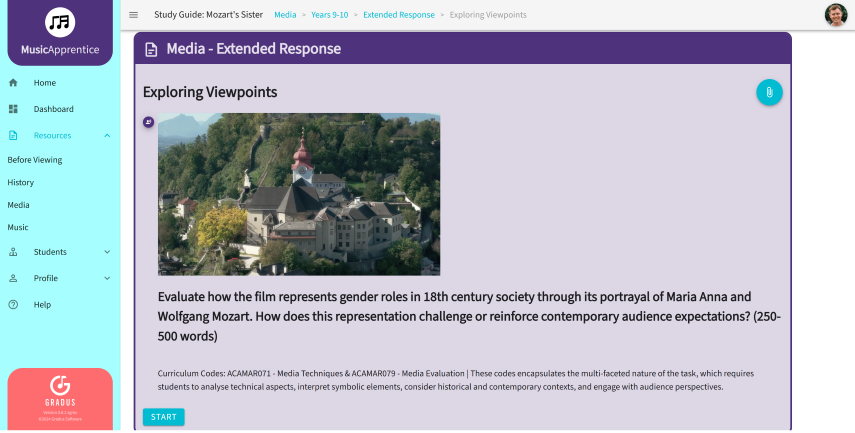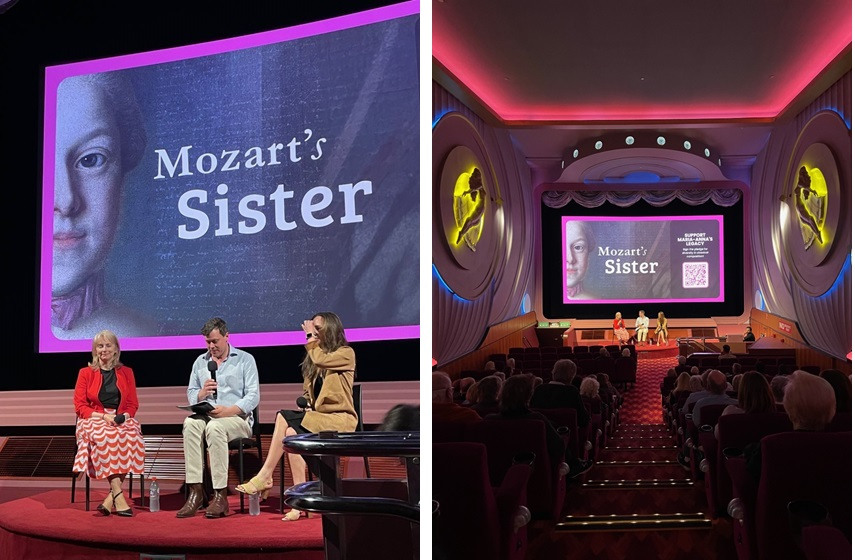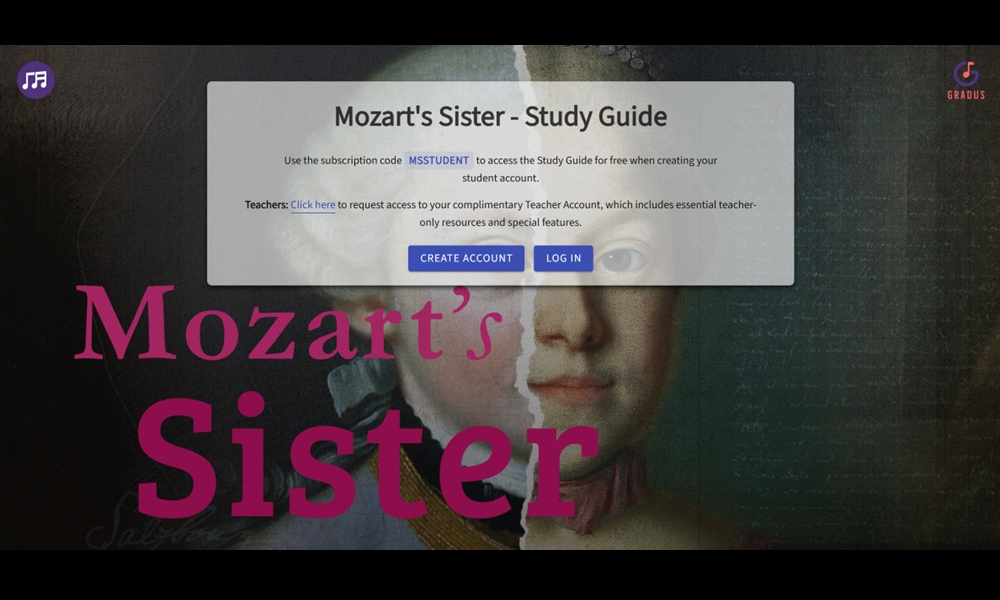Music education in Australia has reached a critical inflection point. As Professor Anna Goldsworthy and Aaron Wyatt powerfully argue in their 2024 Boyer Lectures, music isn't merely an 'extra' in education—it's fundamental to human development and society (Goldsworthy & Wyatt, 2024). This renewed national focus on music education's importance comes at a crucial moment, with the NSW Parliament currently conducting a comprehensive inquiry into arts and music education and training. These national conversations reflect the growing alarm about the state of music education in Australian schools.
The crisis in secondary music education
The recent Fading Notes report reveals a troubling trajectory in Australian music education, with diminishing levels of music education within teacher training degrees leaving most teachers underprepared to meet classroom realities and curriculum expectations. Most graduates wrongly believe they won't need to teach music, which will be the role of specialists—yet many never observe a single music lesson before having to teach one themselves (Hocking, 2023).
Gradus Software CEO Max Holzner says: ‘As co-founder of MusicApprentice and former Chair of the Music Teachers' Association of NSW, I've witnessed firsthand how this decline particularly impacts disadvantaged students who often lack access to quality music instruction and resources.’
Research indicates that music teachers are particularly vulnerable to burnout due to mounting responsibilities and expectations. Beyond standard teaching loads, they typically coordinate co-curricular ensembles, school events and often manage teams of peripatetic staff providing additional tuition (Hanson, 2021). The challenges are numerous and complex:
- Limited access to quality teaching resources, particularly in disadvantaged schools
- Wide variance in student ability levels within single classrooms
- Inadequate technological infrastructure
- Declining student engagement and participation rates
- Insufficient professional development opportunities
Development of MusicApprentice
In response to these challenges, Gradus Software has developed MusicApprentice through extensive consultation with music educators over several years. It is an AI-enabled EdTech platform which provides teachers with comprehensive support through detailed lesson planning tools, differentiated learning activities, real-time analytics, and professional development resources.
Crucial support from NSW Treasury helped us run an iterative, teacher-led design and feedback process which has led to strategic partnerships with state-based music teachers' associations in Victoria, Western Australia and Queensland. These will help ensure widespread access to the platform by music teachers in school classrooms and private studios. The King's School's invaluable input during pilot testing has helped refine features for real-world classroom application. (Note: to date, it has not been possible to engage state school systems in pilot testing.)
Key features and implementation

As an AI-enabled EdTech platform, MusicApprentice incorporates several innovative features designed to support both teachers and students:
- Personalised learning pathways based on individual students’ progress, enabling real-time adjustments of difficulty levels, and support for diverse learning styles and abilities;
- Curriculum alignment, with direct mapping to Australian curriculum standards, comprehensive coverage of music theory and practical skills, and integration with assessment requirements;
- Analytics and feedback based on detailed progress tracking for individual students and classes, data-driven insights for teaching intervention, and regular feedback loops for student motivation; and
- Accessibility features, which include browser-based platform with cross-platform compatibility, iFrame embedding capability for integration with major Learning Management Systems including Canvas, universal design principles for inclusive learning, and planned offline capability and expanded device support on the development roadmap.
Revolutionary cultural integration: The Mozart's Sister partnership

Our groundbreaking partnership with the Australian film Mozart's Sister, currently rolling out nationally, demonstrates how educational technology can transform cultural content into dynamic learning experiences. Our collaboration with Media Stockade and good.film has culminated in the free Mozart’s Sister Study Guide which moves beyond the traditional music education tool to become a comprehensive platform for active cultural engagement and learning.
Teachers are all too familiar with traditional film study guides which typically consist of static PDF documents with basic discussion questions. Instead, our innovative approach fundamentally reimagines the study guide format in ways which actively engage students because of the underpinning AI-enabled EdTech MusicApprentice platform. The Mozart’s Sister Study Guide demonstrates:
- Interactive learning pathways, which include adaptive questioning that responds to student understanding, personalised exploration of the film's musical and historical themes, and real-time feedback and progression tracking
- Multimedia integration, including seamless connection between film content and curriculum objectives, interactive musical examples linked to historical context, and digital annotation and analysis tools
Evidence-based development
MusicApprentice’s development follows the important research-backed principles outlined in the Shaping AI & EdTech report (Loble & Hawcroft, 2022) to ensure high quality AI-enabled EdTech in Australian schools. The follow-up newly released Loble report ‘Securing digital equity in Australian education’ (2024) reinforces these principles, especially the importance of teacher-led approaches to educational technology. The report emphasises that effective EdTech must supplement rather than replace teacher expertise, and highlights how tools like MusicApprentice that are designed with and for teachers can help address the persistent learning divide in Australian education. This aligns with our approach of ensuring that MusicApprentice serves as a support for, rather than replacement of, quality music teaching.
Implementation and future directions
Early implementation data shows promising outcomes, particularly in supporting teachers with diverse classroom needs. Several leading private schools report significant benefits from our platform, and feedback from our Mozart's Sister Study Guide demonstrates increased student engagement and deeper understanding of musical concepts.
While MusicApprentice alone, of course, cannot solve all systemic challenges in music education, it represents a significant step forward. Our goal now is to extend our engagement to public school systems and their teachers, in rural and regional Australia as well as cities; to ensure equitable access to quality music education for all students, regardless of their circumstances.
Conclusion
As national attention focuses increasingly on the importance of music education, MusicApprentice offers a practical, teacher-led solution to many current challenges. The platform's success demonstrates how collaborative development of educational technology can produce effective tools for addressing the music education crisis. Through innovations like our Mozart's Sister partnership, we're helping to embed new high-quality standards for educational resource development and delivery, while remaining committed to continuous improvement and evaluation.
The current NSW Parliament’s inquiry into arts and music education presents a unique opportunity for meaningful change. Educational institutions, from primary schools to universities, can contribute to this transformation by exploring and implementing innovative solutions like MusicApprentice. We invite educators, administrators, and policymakers to join us in this crucial mission: visit Gradus Software to access the free Mozart’s Sister Study Guide, trial MusicApprentice for free, participate in our pilot programs, or share your experiences and insights. The time for reimagining music education is now—while national attention is focused on this critical issue and while we have the technology, expertise, and collective will to effect real change. For too long, we've accepted the status quo of declining music education quality and access. Together, we can ensure that every Australian student has the opportunity to experience high-quality music education, regardless of their circumstances or location.
References
Goldsworthy, A & Wyatt, A. (2024). The ABC Boyer Lecture series “Classical Music in the Contemporary Age”. https://www.abc.net.au/listen/programs/boyerlectures
Hanson, J. (2021). Research-to-resource: Confronting and overcoming music teacher burnout. Update: Applications of Research in Music Education, 40(1), 5-9. https://eric.ed.gov/?id=EJ1308069
Hetherton-Miau, M. (2024). Mozart's Sister study guide integration report. Good Film.
Hocking, R. (2023). Fading notes. Music education right from the start, A.T.T. Foundation. https://www.alberts.co/wp-content/uploads/2023/06/Music-Education-ITE-Report_A4_130623.pdf
Loble, L., & Hawcroft, A. (2022). Shaping AI and edtech to tackle Australia's learning divide. University of Technology Sydney. https://www.uts.edu.au/sites/default/files/2022-12/PRF-UTS-Shaping-AI-EdTech-LOBLE-report.pdf
Loble, L., & Stephens, K. (2024). Securing digital equity in Australian education. University of Technology Sydney. https://opus.lib.uts.edu.au/bitstream/10453/181550/2/Securing%20digital%20equity%20in%20Australian%20education%20%5BFINAL%5D.pdf

